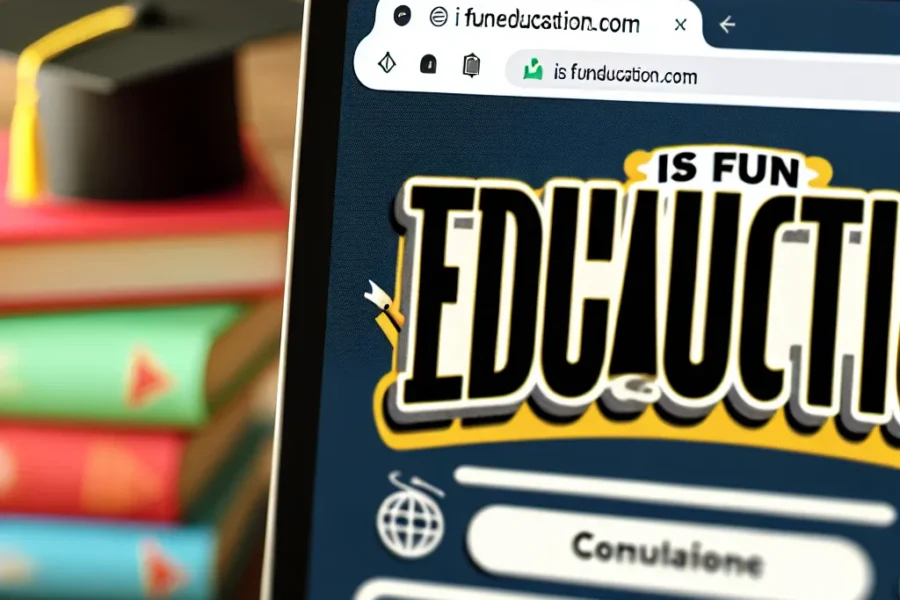Is Iq-test-for-kids.com Trustworthy?
The lure of discovering your child’s intellectual potential can be tempting. IQ tests have been employed for decades to measure cognitive abilities, and online versions have made these tests more accessible than ever. Among these is Iq-test-for-kids.com, a website that offers IQ testing specifically for youngsters. But with the sheer proliferation of online IQ tests, one has to wonder about their legitimacy, reliability, and overall trustworthiness. So, is Iq-test-for-kids.com a site you should trust for evaluating your child’s intelligence? The answer is more critical than the website operators might want you to believe.
If you are looking for legitimate IQ Tests which pass the entry bar for Mensa, see our IQ Tests
A serious point of contention with Iq-test-for-kids.com is its apparent lack of g-factor study and norming data. The g-factor, or general intelligence factor, is a critical component in accurate cognitive testing. The g-factor is essentially a measure of an individual’s overall cognitive abilities, and any reputable IQ test should be able to pinpoint this aspect. Unfortunately, Iq-test-for-kids.com offers no readily accessible information on the presence or findings of a g-factor study. This absence alone calls into question the accuracy and reliability of their IQ tests.
When it comes to norming data, the situation is equally concerning. Norming data is necessary for interpreting an individual’s test score in the context of the general population. Essentially, it shows how well (or poorly) a child scores compared to other children of the same age. Valid IQ tests use extensive norming data to ensure that their results are meaningful and appropriately scaled. However, Iq-test-for-kids.com does not furnish such information publicly, making it challenging to assess how robust their norming standards are, if they exist at all. Without this data, it is almost impossible to judge the accuracy of your child’s scores, rendering the test results largely speculative.
The lack of transparency around g-factor studies and norming data would be troubling enough, but unfortunately, the drawbacks of Iq-test-for-kids.com don’t end there. The website has garnered a surprisingly high number of negative reviews across various platforms. Concerns often voiced by users include inconsistencies in scoring, poor customer service, and even questions about the legitimacy of payment processing. For instance, some users have reported that their payments didn’t go through correctly, or they were charged multiple times for the same test. Such operational setbacks not only inconvenience users but also serve to undermine any remaining confidence in the site’s reliability.
Another major issue with Iq-test-for-kids.com is the apparent superficiality of the test itself. Constructing a reliable and valid IQ test is a complicated task that requires rigorous scientific methods and significant expertise. The best IQ tests are often proctored under controlled conditions to eliminate biases and distractions. By their very nature, online IQ tests, including those offered by Iq-test-for-kids.com, lack these controls. The test environment is uncontrolled, and there’s no way to ensure that the test-taker is focused or that external aids aren’t being used.
Methods for ensuring test reliability and validity are complex. Typically, they involve a range of question types, adaptive testing techniques, and statistical analysis to make sure that the results are both accurate and meaningful. Proprietary tests like the Wechsler Intelligence Scale for Children (WISC) and the Stanford-Binet test undergo years of research and validation to ensure they meet these criteria. In contrast, it’s unclear if any such rigor has been applied to the tests at Iq-test-for-kids.com. The site does not provide information on the scientific methodologies behind their tests, further clouding their credibility.
Furthermore, many online IQ tests tend to offer a one-dimensional view of intellect. True intelligence is multifaceted, encompassing logical reasoning, language skills, spatial abilities, and more. Tests like those offered by Iq-test-for-kids.com generally fail to capture this complexity. Instead, they focus on a narrower set of skills, which may not be a true reflection of a child’s overall cognitive ability.
The time span of the test is another critical factor to consider. Professional IQ tests often take several hours to complete and include a broad array of question types designed to measure different areas of cognitive ability comprehensively. On the other hand, online tests like Iq-test-for-kids.com tend to be much shorter, which again raises questions about their comprehensiveness and accuracy.
So, what should you do if you truly want an accurate assessment of your child’s intellectual capabilities? First and foremost, consider a professionally administered test. Tests like the aforementioned WISC, Stanford-Binet, and others are given by trained professionals under controlled conditions. These tests provide not only an IQ score but also a full psychological evaluation that can offer insights into your child’s strengths and weaknesses, helping you to better support their educational journey.
Moreover, many educational institutions and psychologists offer free consultations to discuss your needs and recommend an appropriate form of testing. This professional guidance can be invaluable, as it ensures that the type of test administered is suitable for your child’s age and specific requirements. It also means that your child’s test results will be interpreted correctly, providing a nuanced understanding of their intellectual capabilities.
If cost is a concern, it’s worth noting that many communities offer sliding scale fees or financial assistance for psychological testing. Additionally, some educational programs and gifted and talented student evaluations include IQ testing as part of their services. It may be worth exploring these options rather than relying on potentially unreliable online tests like those offered by Iq-test-for-kids.com.
Another avenue to explore is academic and educational forums where parents and professionals discuss and review different IQ tests. These platforms can be a valuable resource for gathering unbiased opinions and recommendations. Doing a bit of research in these forums can help you to better gauge the reliability of various tests, and you may even find testimony from other parents who have had their children tested.
In summary, Iq-test-for-kids.com presents a series of red flags that should make any concerned parent wary. The absence of g-factor study details and norming data, coupled with a slew of negative reviews and operational inconsistencies, undermines the trustworthiness of their IQ tests. Moreover, like most online IQ tests, the offerings from Iq-test-for-kids.com do not provide the rigor and comprehensive analysis that professionally administered tests offer.
Before investing your time and money into an online IQ test for your child, it’s crucial to consider what you’re really looking for in an assessment. If you merely want a rough estimate and are willing to accept the margin of error, online tests might suffice. However, if you’re seeking a thorough and reliable understanding of your child’s cognitive abilities, then a professional assessment is undoubtedly the better route.
Taking the time to seek out valid, reliable, and professional testing options will ultimately provide the most accurate and useful information, empowering you to make well-informed decisions about your child’s educational needs and future.



Leave a Comment